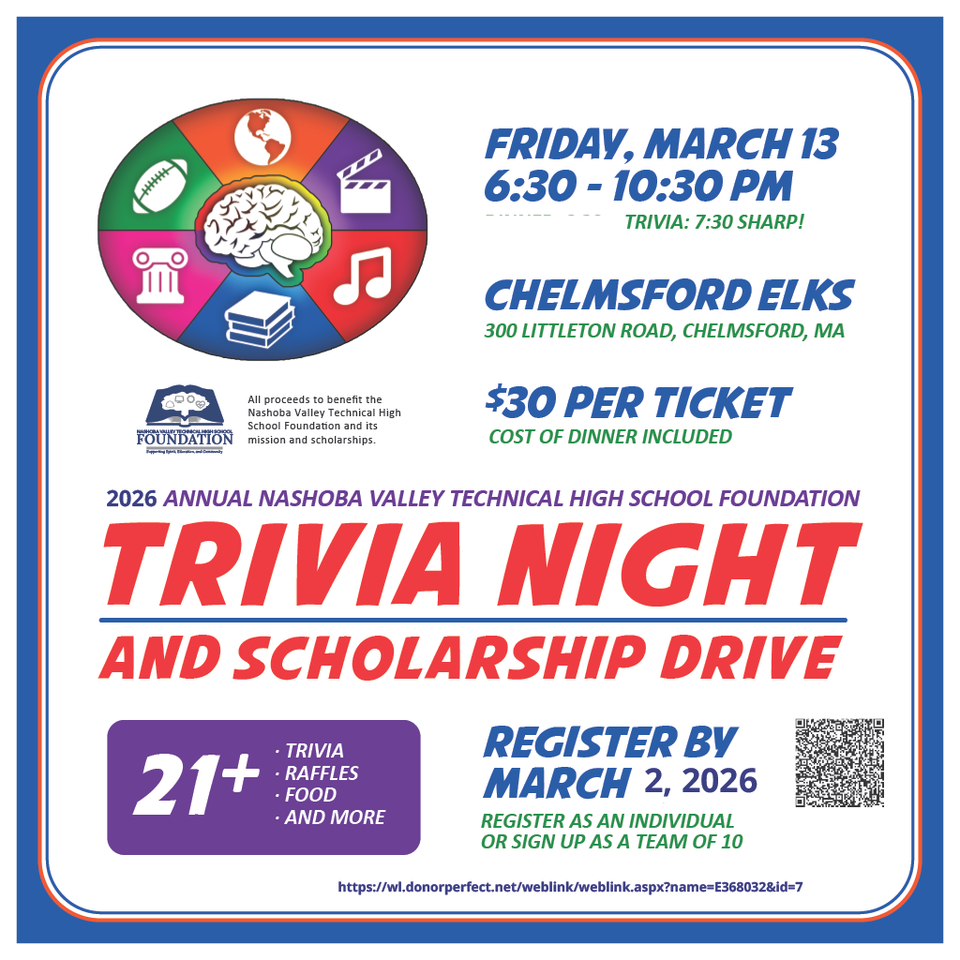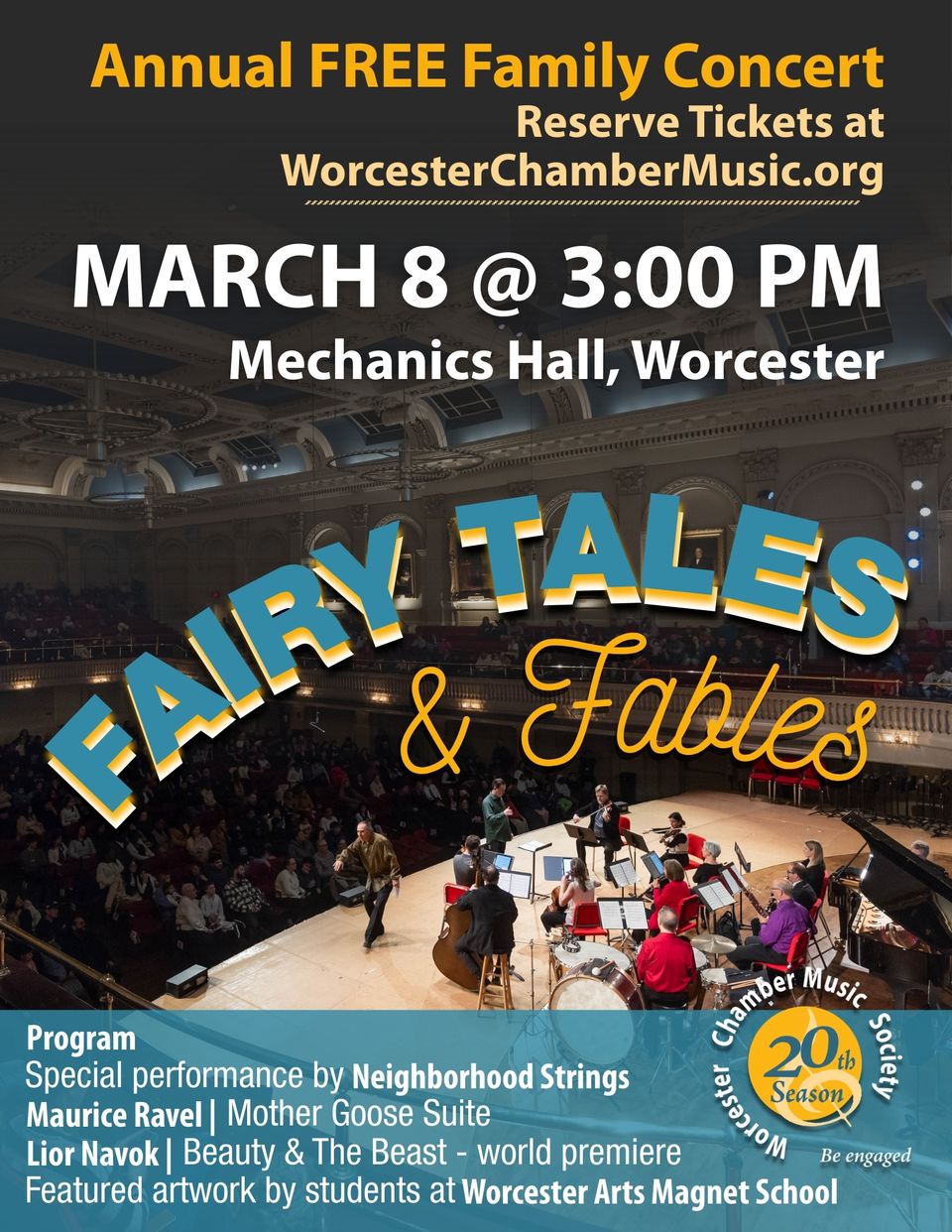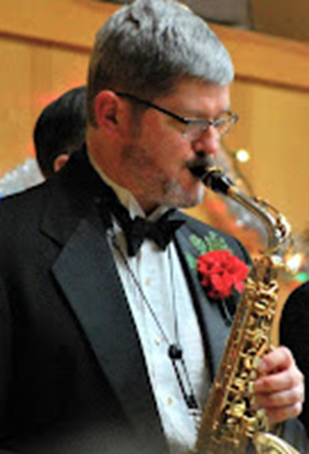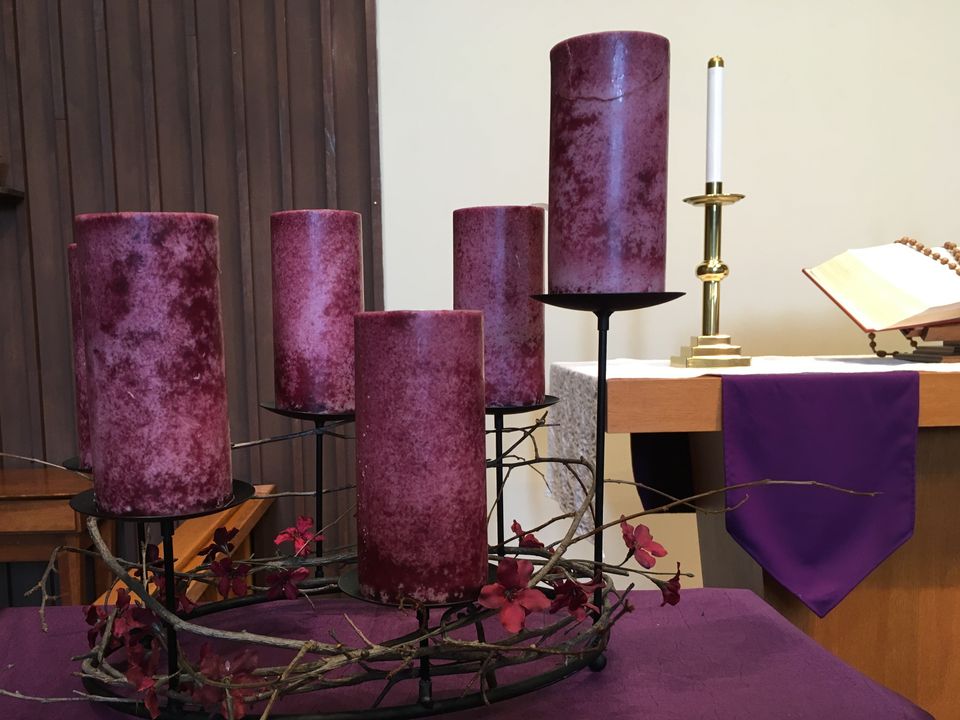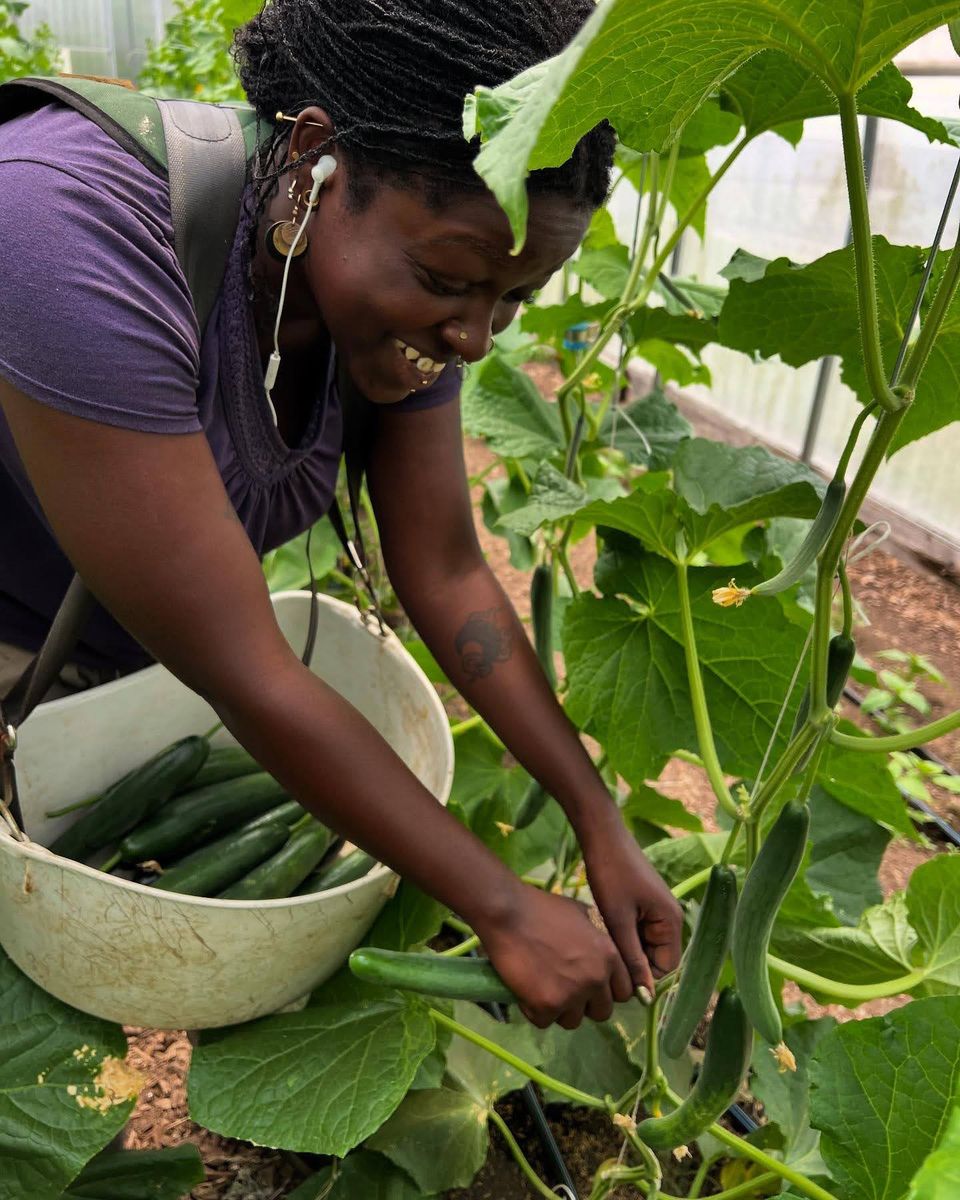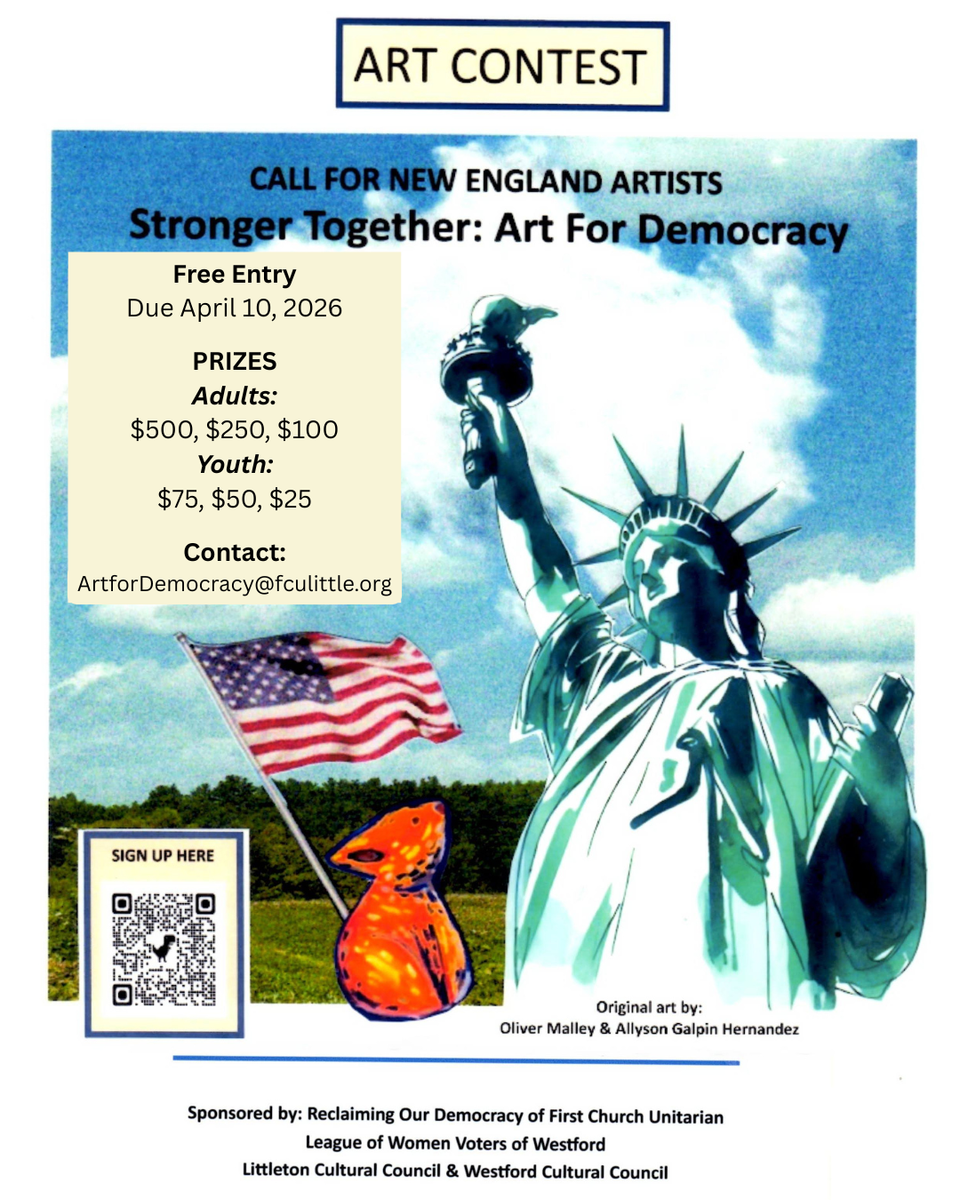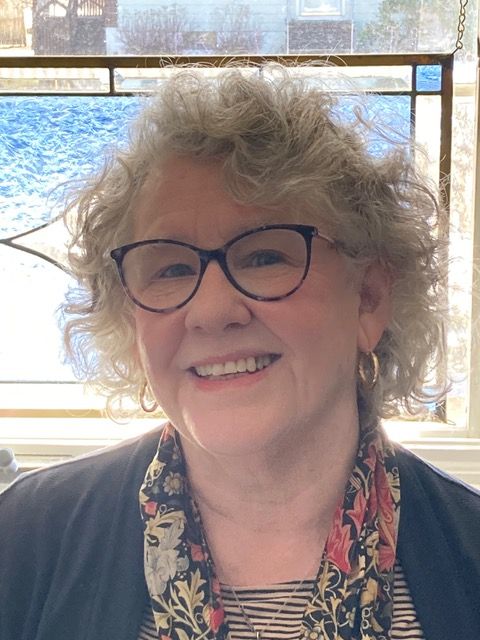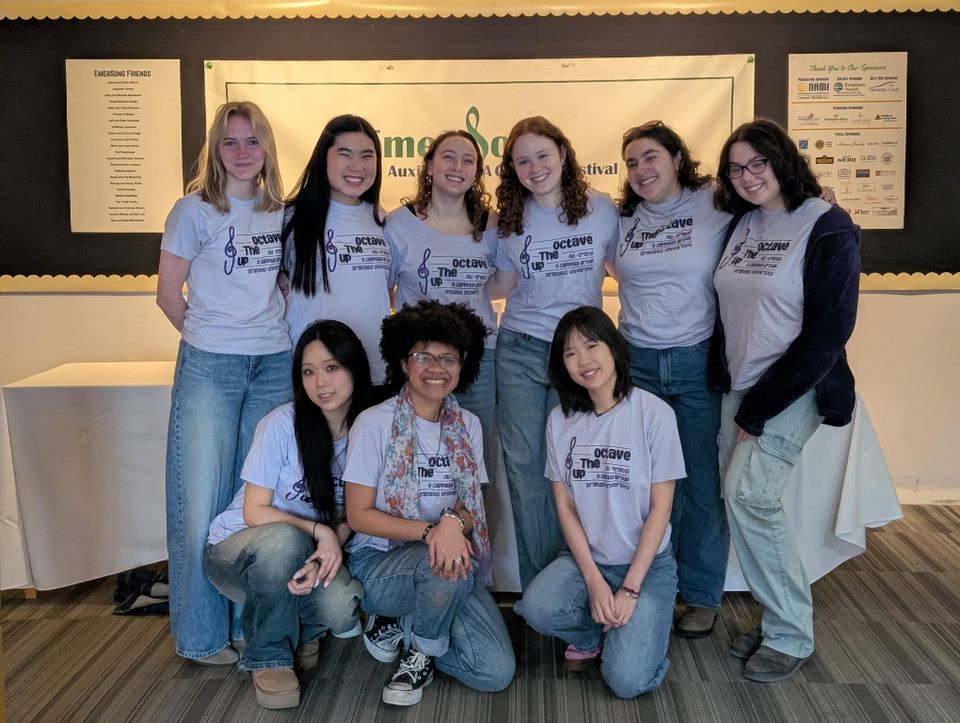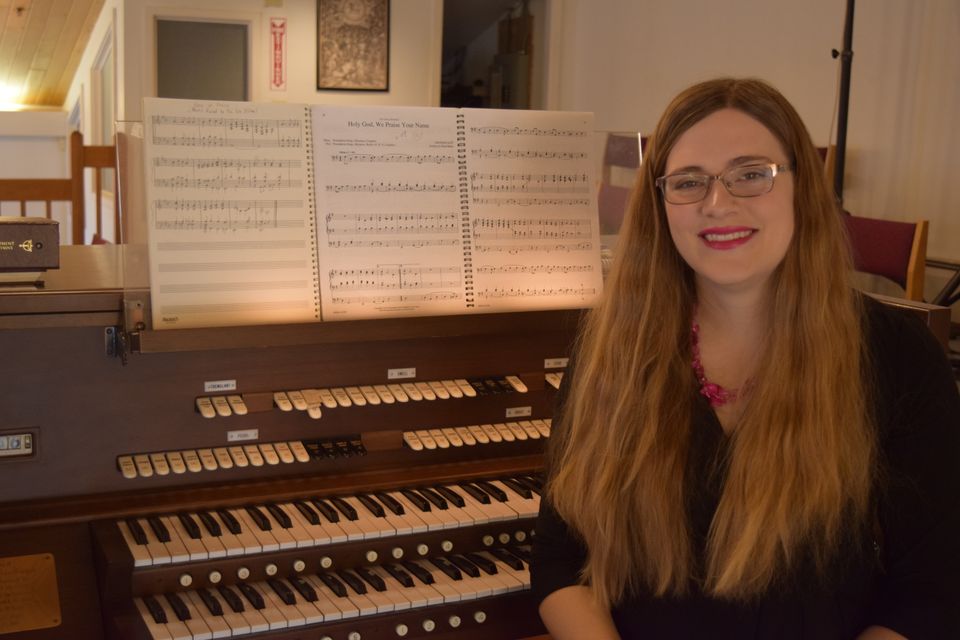Anonymous donor's Resilience and Care Fund provides critical support for urgent basic human needs across 21 Greater Lowell communities
LOWELL, MA – The Greater Lowell Community Foundation (GLCF) today announced $700,000 in grants to 47 nonprofit organizations through its new Resilience and Care Grants program. Made possible by an anonymous donor, this rapid-response initiative provides immediate support for organizations serving vulnerable populations during a time of significant federal and state funding cuts.
“We are deeply grateful to the extraordinary generosity that makes this program possible,” said Jay Linnehan, President and CEO of the Greater Lowell Community Foundation. “Their investment demonstrates a profound commitment to our community during one of its most challenging moments. This is philanthropy at its best – responding quickly and strategically to help our neighbors when they need it most.”
Per the donor, the grant funding addresses basic human needs, including food insecurity, housing and shelter, fuel and rental assistance, immigrant support (including legal costs), clothing, childcare, and mental and/or physical health and well-being. This GLCF grants program uses a direct award notification model – no application required – allowing funds to reach communities as quickly as possible. All grants will be distributed by month’s end, with award amounts ranging from $1,500 to $40,000.
The funder chose community foundations for this initiative specifically because of their proven ability to deploy funding quickly through trusted, long-standing community relationships—exactly the capacity GLCF has built over its 29-year history.
“GLCF recognizes the critical work of Greater Lowell nonprofits that address urgent basic human needs in our community,” said Jennifer Aradhya, GLCF's VP of Marketing, Programs and Strategy. “For our nonprofit partners affected by funding cuts, these grants arrive at a crucial moment. This generous grant allows us to channel resources quickly to proven organizations on the front lines serving our neighbors in need.”
Funding by SectorThe $700,000 investment is distributed across key sectors: Community Connection and Equity ($175,000, 25%), Food Security and Nutrition ($161,000, 23%), Multi-Service and Basic Needs ($109,000, 15.6%), Youth Development, Mental Health and Educational Access ($80,000, 11.4%), Health and Mental Health ($65,000, 9.3%), Immigrant Support and Legal Advocacy ($60,000, 8.6%), and Housing and Shelter ($50,000, 7.1%).
The program includes a significant investment in youth and children’s services, with $150,000 (21.4% of the total portfolio) supporting 12 organizations across clinical mental health, prevention programs, after-school enrichment, arts development, educational access, and basic needs.
Communities ServedThe Resilience and Care Grants support organizations serving all 21 communities of the Greater Lowell region: Acton, Ashby, Ayer, Bedford, Billerica, Burlington, Carlisle, Chelmsford, Concord, Dracut, Dunstable, Groton, Littleton, Lowell, Pepperell, Shirley, Tewksbury, Townsend, Tyngsboro, Westford, and Wilmington.
How You Can Help“While these funds have been quickly distributed to address immediate needs, there is more to do,” said Jay Linnehan, President and CEO of the Greater Lowell Community Foundation. “I encourage you to help grow our community’s resilience by adding your own contribution. Every gift, no matter the size, strengthens the safety net that catches our neighbors when they fall.”
To contribute to GLCF’s Resilience and Care Fund, visit:
https://glcfoundation.info/resilience

